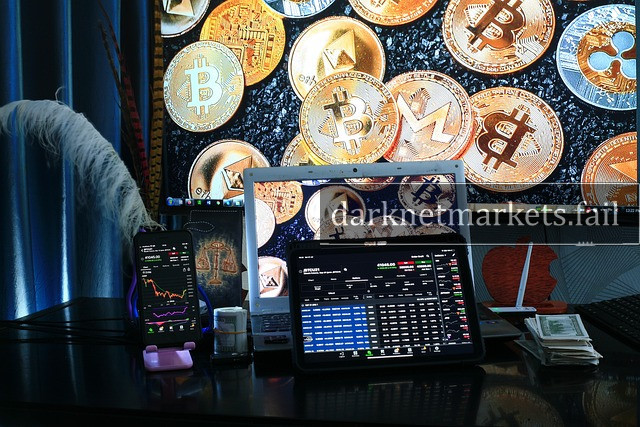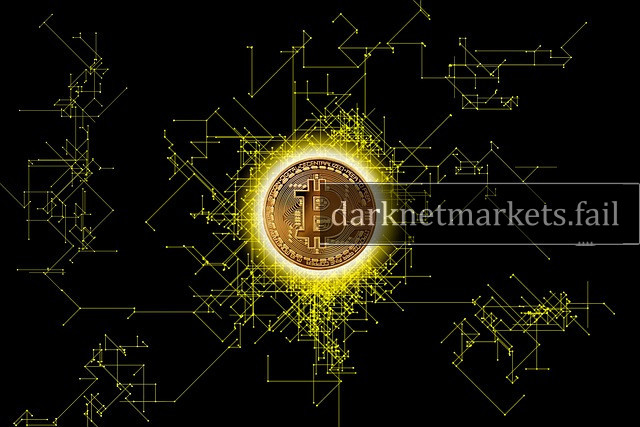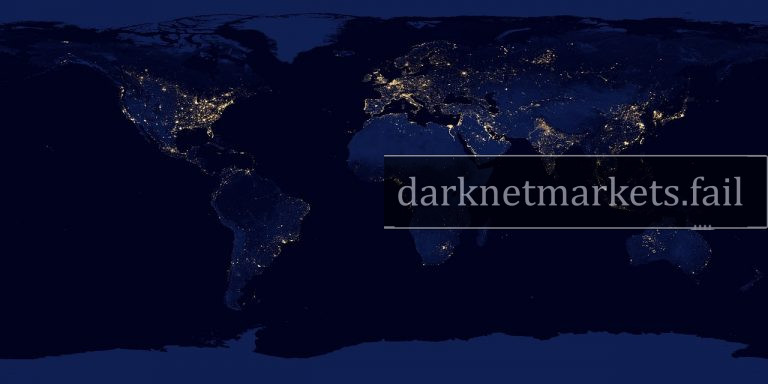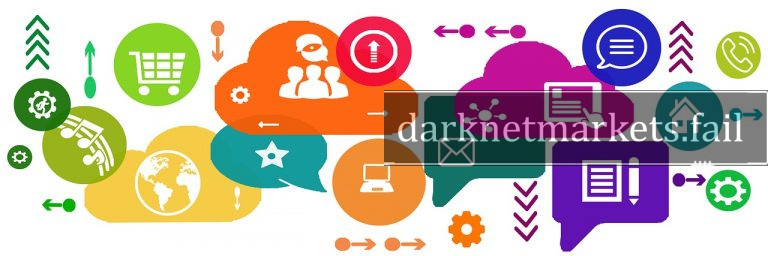Darkweb Markets: The Hidden Digital Economy Uncovered

Introduction
Darkweb Markets – The internet as we know it only scratches the surface of the vast digital world. Beneath the surface web lies the deep web—a realm of unindexed content like academic databases and private emails. Deeper still is the dark web, a hidden layer of the internet where anonymity reigns supreme. It’s here that darkweb markets flourish, offering everything from digital goods to illicit substances in a parallel, anonymous economy.
In this in-depth guide, we explore the rise of darkweb markets, how they operate, what kind of goods and services are traded, how users access them, and the legal and ethical concerns they raise. Whether you’re a cybersecurity enthusiast, a journalist, or just curious about this digital underworld, this article provides an informative and factual look at darkweb marketplaces.

What Are Darkweb Markets?
Darkweb markets are online platforms hosted on the dark web, where users can buy and sell products and services using cryptocurrency. These marketplaces are typically accessed via the Tor network and use .onion addresses, which are not accessible through standard browsers or search engines.
Darkweb markets often mimic legitimate e-commerce platforms in functionality, offering:
- Product listings and categories
- Vendor profiles and user reviews
- Escrow systems to protect buyers
- Messaging systems
- Dispute resolution services
Despite this, the primary difference is the level of anonymity and the nature of goods offered—many of which are illegal in most jurisdictions.
A Brief History of Darkweb Markets
The first darkweb market to achieve mainstream recognition was Silk Road, launched in 2011 by Ross Ulbricht under the pseudonym “Dread Pirate Roberts.” Silk Road allowed users to buy drugs, fake IDs, and other contraband using Bitcoin, and it quickly became a symbol of the libertarian internet movement.
Since Silk Road’s takedown by the FBI in 2013, many successors have emerged—some ethical, some not:
- AlphaBay (2014–2017): Became the largest darkweb market before being shut down in a massive global operation.
- Hansa Market: Seized and secretly operated by Dutch police before being shut down.
- Dream Market: Known for its stability but eventually closed voluntarily amid increasing pressure.
- Versus Market, Incognito, Dark0de, and others continue to emerge in 2025, but many are short-lived due to scams, security breaches, or law enforcement actions.
What’s Sold on Darkweb Markets?
Darkweb marketplaces offer a vast array of products and services—some legal, many not. Common categories include:
1. Drugs & Pharmaceuticals
Illicit drugs (cannabis, MDMA, LSD, opioids), prescription medications, and research chemicals are widely available. Vendors often boast about purity levels, packaging methods, and stealth shipping.
2. Counterfeit Goods
Fake IDs, passports, driver’s licenses, and counterfeit currency are commonly traded.
3. Digital Goods
Hacked accounts (Netflix, Uber, PayPal), premium software keys, leaked databases, and malware tools are frequently sold.
4. Hacking Services
This includes DDoS attacks, doxxing, phishing kits, and penetration testing services.
5. Weapons and Explosives
Some markets list firearms, ammunition, and explosives, although these are more rare and often honeypots set up by law enforcement.
6. Fraud Tools
Credit card dumps, skimmers, guides on identity theft, and cryptocurrency laundering services.
How to Access Darkweb Markets Safely
Disclaimer: Visiting the dark web is not illegal, but participating in illicit transactions or accessing illegal content can have legal consequences.
Step-by-Step Guide:
- Download and Install the Tor Browser
- Available at torproject.org
- It routes your traffic through multiple servers to anonymize your location and identity.
- Use a VPN (Virtual Private Network)
- A VPN adds a layer of protection before you connect to Tor, masking your real IP address from your internet service provider.
- Find Verified .onion Links
- Only use trusted sources or dedicated directories like DarkNetMarkets to avoid phishing scams or fake marketplaces.
- Use Secure Operating Systems
- Consider booting from privacy-focused operating systems like Tails OS, which leave no trace.
- Transact with Privacy Coins
- Monero (XMR) is favored for its privacy features, although Bitcoin (BTC) is still widely used.
- Create Separate Identities
- Use burner emails, anonymous usernames, and never reuse personal credentials or photos.
Cryptocurrency and Payment Systems
Payments on darkweb markets are made via cryptocurrencies for anonymity. Most popular coins include:
- Bitcoin (BTC): The standard, but traceable.
- Monero (XMR): Privacy-first coin, much harder to trace.
- Ethereum (ETH) and Litecoin (LTC): Sometimes accepted, but less private.
Most markets utilize escrow systems, where the market holds funds until the buyer confirms delivery. However, “exit scams” can still occur—where markets disappear with all held funds.
Risks and Dangers
While the darkweb may be a refuge for those seeking anonymity, it also carries significant risks:
- Scams: Many listings are fake, and vendors may not deliver goods.
- Exit Scams: Markets can disappear overnight, taking all cryptocurrency in escrow.
- Phishing Attacks: Many fake market clones exist to steal credentials or funds.
- Malware: Downloading infected files can compromise your system.
- Law Enforcement: Undercover operations, honeypot markets, and blockchain analysis can expose careless users.
Legal and Ethical Implications
Engaging in illegal activities on the darkweb is a criminal offense in most countries. Law enforcement agencies like the FBI, Europol, and Interpol are constantly working to identify and arrest operators and users of illegal markets.
However, not all activity on the darkweb is criminal. It is also used by:
- Whistleblowers (e.g., Edward Snowden)
- Journalists communicating securely with sources
- Citizens in oppressive regimes bypassing censorship
There’s a moral grey area in how society views anonymity—between privacy rights and the enabling of crime.
Conclusion
Darkweb markets represent a significant evolution in online commerce, leveraging anonymity, cryptocurrency, and decentralization. While they are often associated with crime and controversy, they are also a testament to the power of decentralized technology and the enduring demand for privacy in the digital age.
Whether you view them as criminal empires or a necessary evil in a surveillance-heavy world, one thing is clear: darkweb marketplaces are here to stay, adapting and evolving with every shutdown, every arrest, and every new user.
Reminder: Always browse safely, ethically, and legally. If you’re exploring for research, journalism, or cybersecurity training, ensure you’re using verified sources, legal methods, and protective tools.



